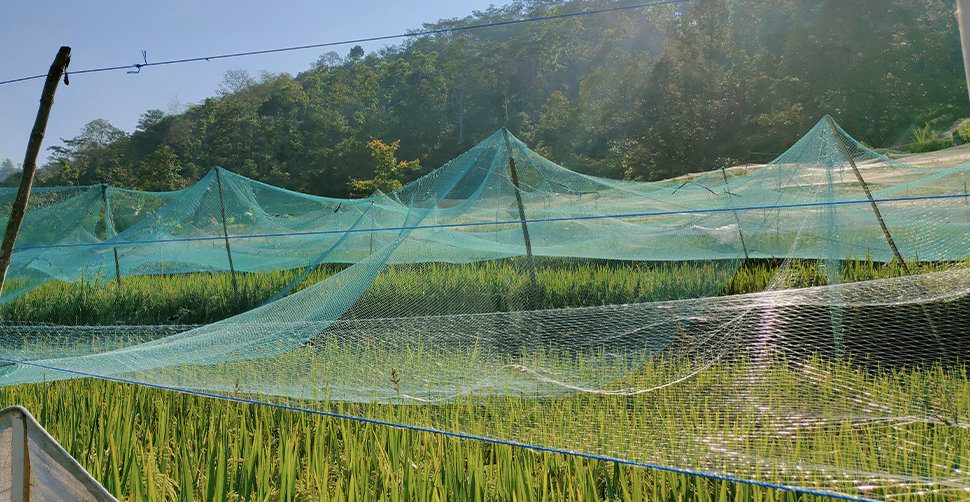Australian crop farmers are already resilient, but there’s more to consider than just environmental issues and climate change, including:
- Having water security
- Diversifying farming practices
- Risk Management prowess
- Adaptive strategies and sustainable practices
- Adjusting to direct and impacts of COVID (think building material shortage, supply chain issues, etc.)
- Changing consumer dietary preferences
- Tapping into local and community knowledge (including Indigenous or traditional information)
- Geopolitical uncertainty affecting movement of harvests and prices, and
- Continuous learning.
These issues make it even more crucial to protect our crops and ensure the resilience of our agricultural sector. So, what can you do as a crop grower to embed resilience more comprehensively in your operations?
State of Australian Agriculture
Australia’s cropping sector spans over 28 million hectares, with most farms located along the coast, according to the Federal Department of Agriculture. Sustainable practices are common, with 85% of farmers retaining stubble, 68% doing minimal tillage, and 65% using fertiliser or pesticides wisely. In 2022-23, crop farms saw record income thanks to high wheat prices and production levels.
However, farmers face significant climate risks, especially compared to livestock farms. This year, winter crop planting reached a record 23.6 million hectares, with a harvest expected to hit 51.3 million tonnes. Learn more about national forecasts here.
Why Crop Protection Matters
Crop protection products are vital for keeping yields high and protecting crops from pests and diseases. Deloitte Access Economics reports that 73% of Australia’s agricultural output, valued at $20.6 billion, depends on these products, making them critical to both farmers and the nation’s economy.
Challenges and Vulnerabilities
Australia’s reliance on chemicals imported from China leaves its agriculture sector vulnerable to supply-chain shocks and trade disruptions. Geopolitical tensions have recently heightened these risks, threatening the stability of crop production.
Regulatory and Market Dynamics
Unlike the EU, Brazil, and the US, Australia has weaker protections for its crop-protection industry, relying heavily on imports due to low tariffs and minimal barriers. The Anti-Dumping Commission has made some efforts, but more can be done to support local industries. Investing in local crop-protection manufacturing could strengthen resilience, reducing dependency on imports and mitigating future risks.
Practical Solutions for Farmers
So, in the face of multiple issues, here’s how crop growers can protect their operations and minimise their reliance on imported chemicals:
- Implement Integrated Pest Management (IPM)
- Other sustainable agricultural practices including biological pesticides and fertilise formulations, organic, regenerative or biodynamic farming
- Keep updated about regulatory changes
- Diversify supply chains
- Maintain consistent long-term strategies for fertiliser use
- Take part in industry-led initiatives can also help enhance resilience.
By adopting these strategies, farmers can better protect their crops and ensure long-term sustainability.
If you would like to know more about strategies for resilient farming, please CLICK HERE, or contact us for more information.

